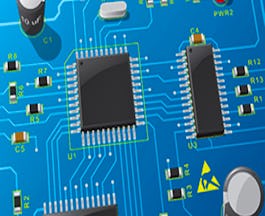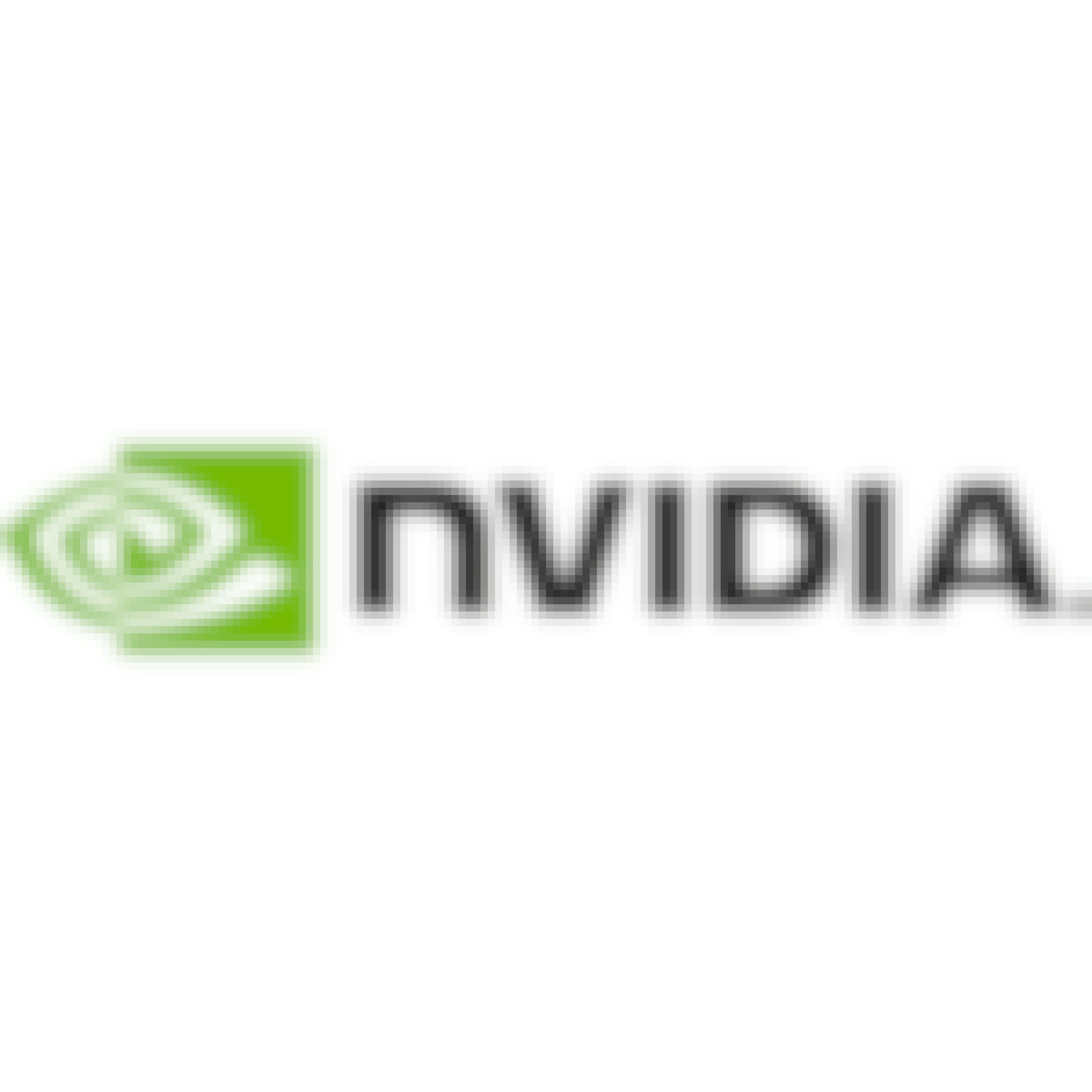Filter by
The language used throughout the course, in both instruction and assessments.
Choose the Computer Hardware Course That Aligns Best With Your Educational Goals

Skills you'll gain: Operating Systems, Computer Networking, IBM Cloud

Illinois Tech
 Status: Free
Status: FreePrinceton University
Skills you'll gain: Computer Architecture, Computer Programming, Critical Thinking, Microarchitecture, Problem Solving, Software Architecture, Software-Defined Networking, System Software

University of California, Irvine
Skills you'll gain: Computer Architecture, Computer Networking, Networking Hardware, Computer Security Incident Management, Human Computer Interaction, Operating Systems, Operational Analysis, Security Software, Software Security, Software Testing

Skills you'll gain: Communication, Computer Architecture, Computer Networking, Customer Support, Networking Hardware

University of Colorado Boulder
Skills you'll gain: C Programming Language Family, Computer Architecture, Computer Programming, Data Structures, Microarchitecture, Hardware Design, Software Engineering, Programming Principles
 Status: Free
Status: FreeUniversitat Autònoma de Barcelona
Skills you'll gain: Computer Architecture, Hardware Design, Problem Solving, Algorithms, System Programming

Illinois Tech
 Status: Free
Status: FreeYonsei University
Skills you'll gain: Computer Networking, Computer Security Models, Network Architecture, Network Model, Network Security, Network Analysis, Networking Hardware, System Security, Communication, Software-Defined Networking

University of London
Skills you'll gain: Computer Networking

Skills you'll gain: Networking Hardware

Skills you'll gain: Deep Learning, Machine Learning
Searches related to computer hardware
In summary, here are 10 of our most popular computer hardware courses
- Introduction to Hardware and Operating Systems: IBM
- Computer and Peripheral Hardware: Illinois Tech
- Computer Architecture: Princeton University
- Computer Hardware and Software: University of California, Irvine
- Technical Support Fundamentals: Google
- Embedded Software and Hardware Architecture: University of Colorado Boulder
- Digital Systems: From Logic Gates to Processors: Universitat Autònoma de Barcelona
- Computer Networking: Illinois Tech
- Introduction to TCP/IP: Yonsei University
- How Computers Work: University of London










